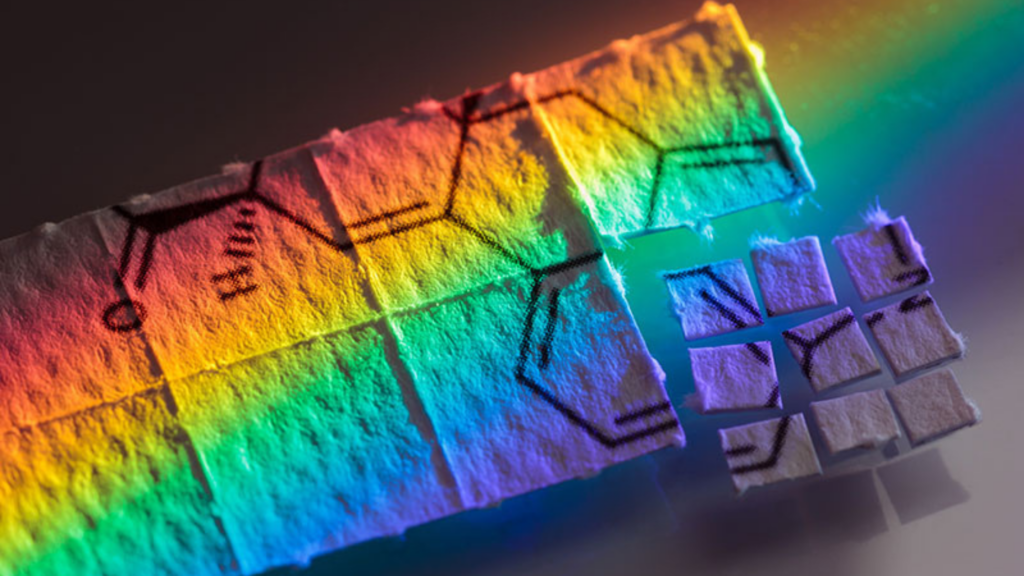A new study published in Biological Psychiatry has found that LSD therapy was strikingly effective in reducing anxiety and depression. A team of Swiss researchers administered 42 participants with microdoses of LSD as part of a Phase II clinical trial under the supervision of trained therapists who used scientifically validated questionnaires. The most interesting thing was that the results were sustained. Researchers found that over time, LSD produced strong reductions in anxiety, depression and general psychiatric symptomology compared with a placebo in three treatment periods.
Half the group had life-threatening illnesses such as cancer. While six people had adverse events stemming from heavy hallucinations, they experienced less anxiety than prior to taking LSD. One flaw in the research was that it was very easy for the participants in a second group in the trial to know whether they were given LSD or a placebo. Still, it was exciting to learn that researchers are opening up about the first psychedelic, which Swiss chemist Albert Hofmann synthesized in 1938 as part of his groundbreaking, accidental discovery of lysergic acid diethylamide known as LSD. The drug was later used by the U.S. military.
What’s ironic is that this study was done in Hofmann’s native country. It comes on the heels of the new Netflix documentary “How to Change Your Mind” amid a renaissance in studying the healing impact of psychedelic substances such as psilocybin, MDMA or ecstasy and ketamine – all of which are completely legal for therapy on the federal level. But now there are these teams considering LSD, known as a hallucinogen, used for recreational purposes, instead of these other commonly researched drugs. Scientists are broadening the field of study and seeing promising results.
Related Articles:
How Ayahuasca Helped Fuel an MVP Season for Aaron Rodgers
Building a Culture of Wellbeing Pays Off in Higher Productivity
